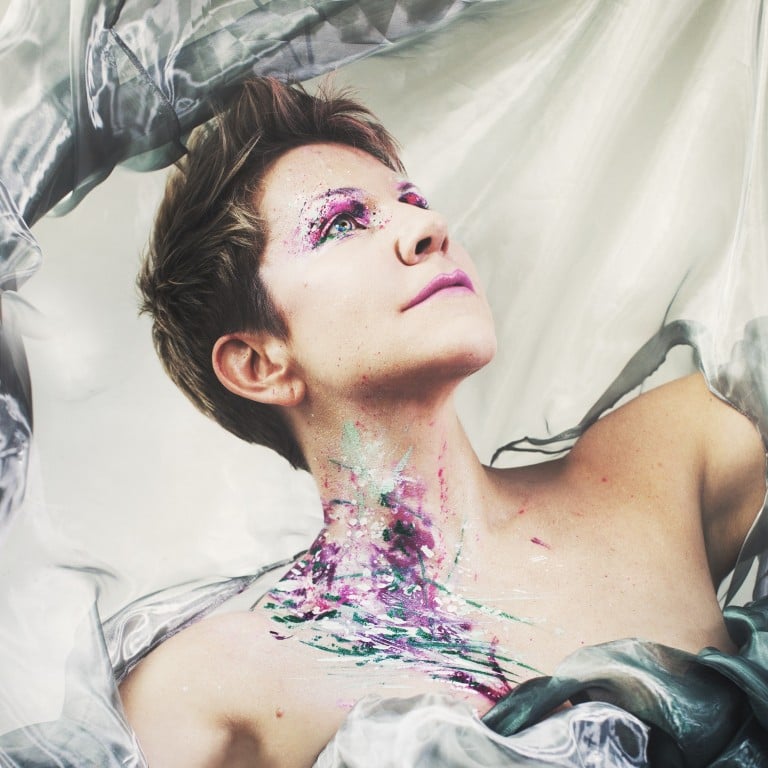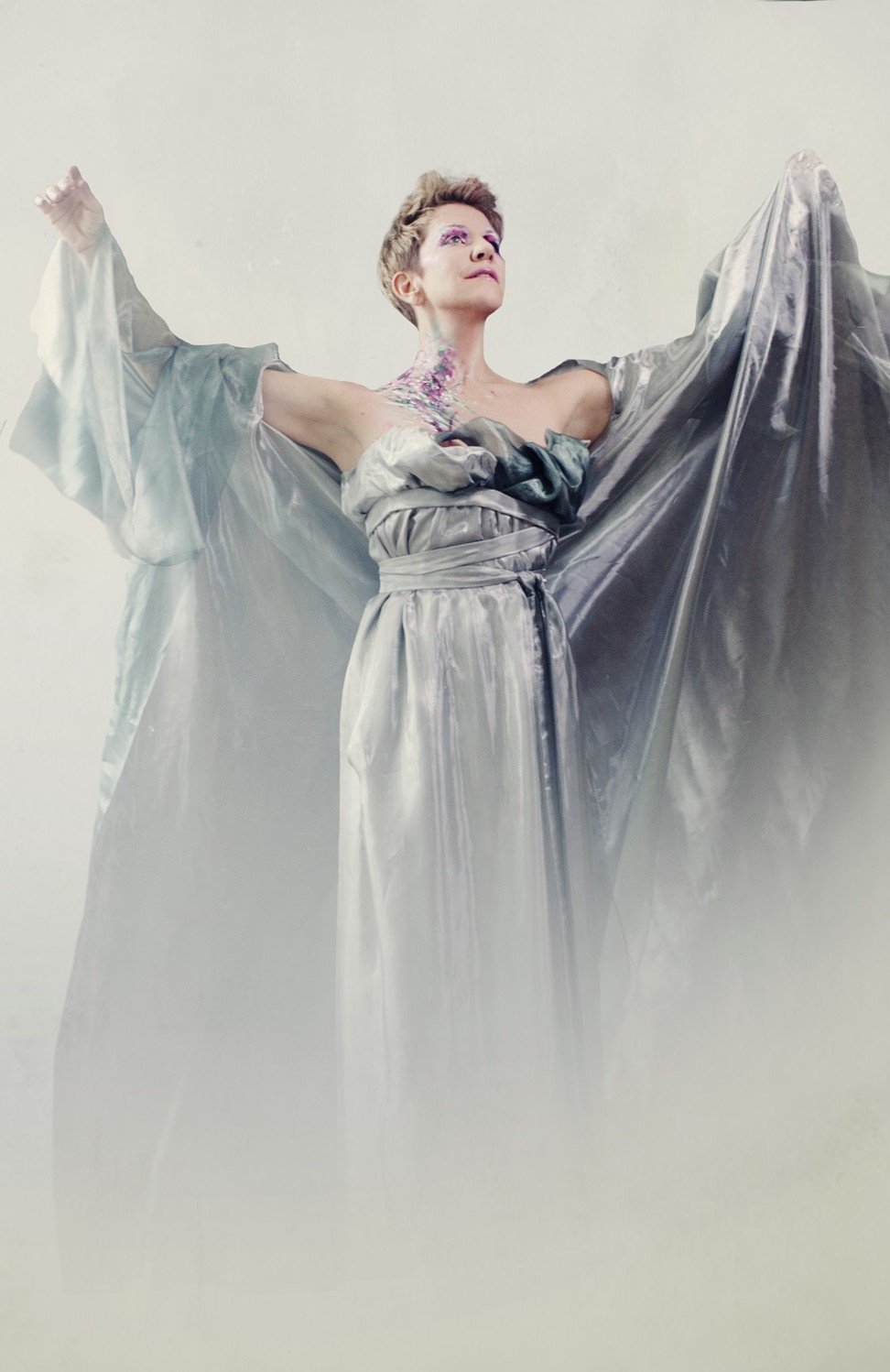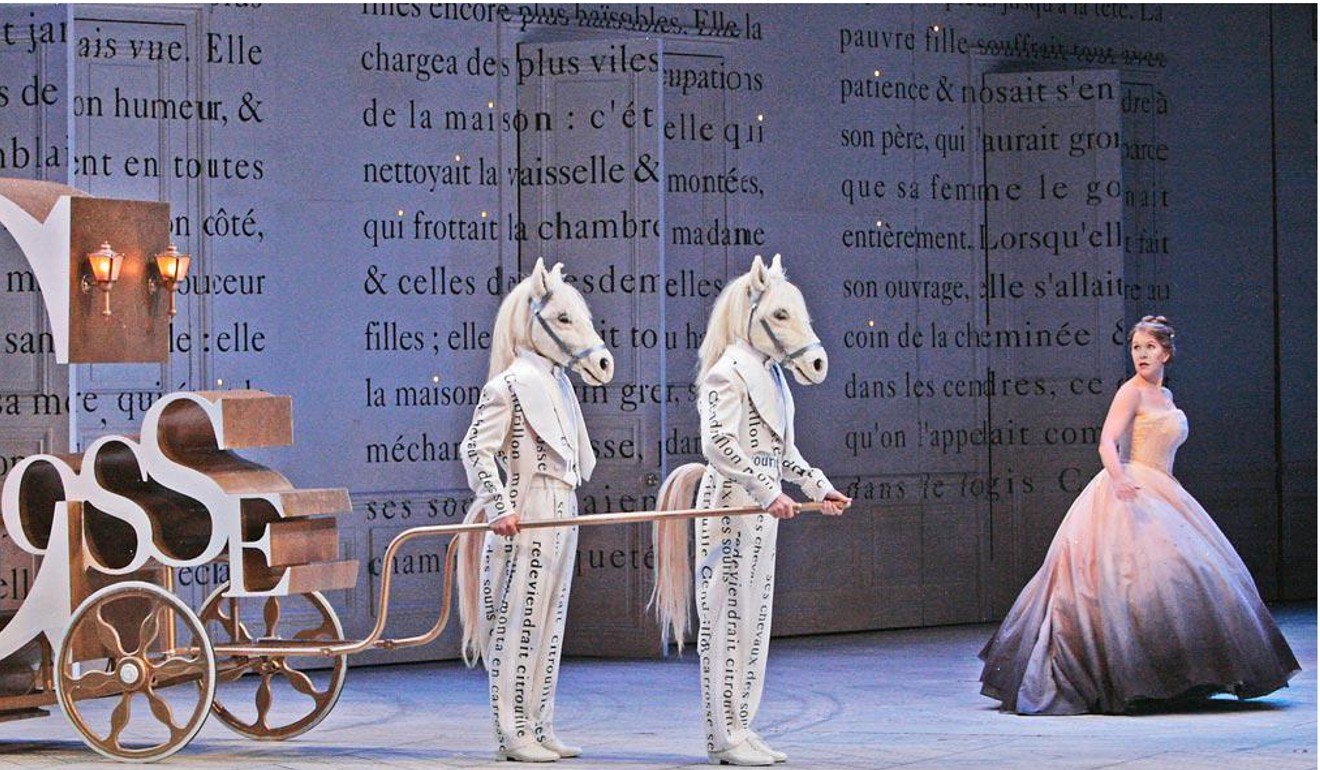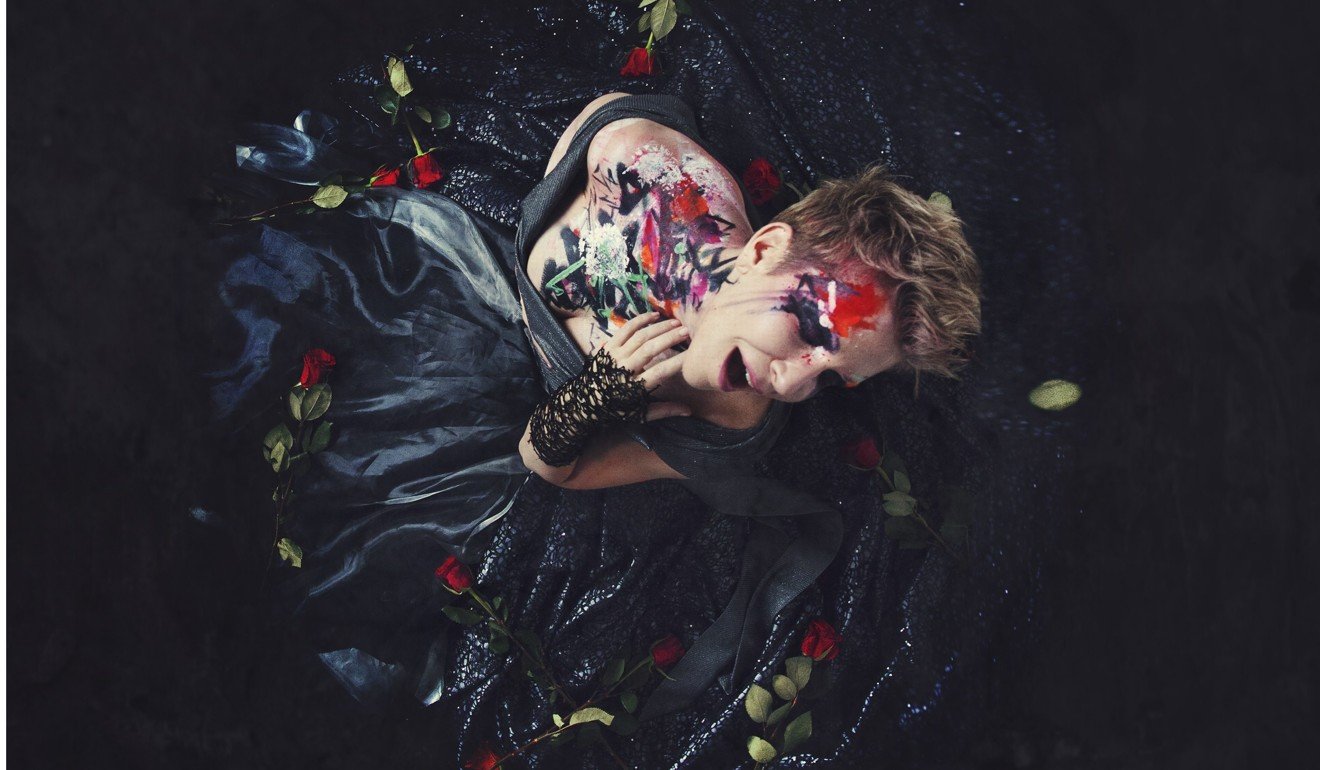
How a political US opera singer uses her art to bring people together
- Joyce DiDonato says that opera is a powerful weapon and can remind people of the effect their actions have on the world
- Kansas-born star will open Hong Kong’s Beare’s Premiere Music Festival with a performance of her album In War & Peace on January 16
Many artists like to keep politics and social commentary out of their performances to ensure that they do not offend members of the audience who disagree with their views. That’s not the case with American opera star Joyce DiDonato.
After the November 2015 terrorist attacks in Paris that left 130 dead – including 90 audience members attending a heavy metal concert – the mezzo-soprano decided that she could no longer avoid addressing issues she felt strongly about.
Moreover, DiDonato wanted to see if music, and her performances, were capable of changing the way that audiences felt about the world outside the concert hall.
“The general state of the world was something I felt I needed to address,” DiDonato says. “But it was the November 2015 attacks that prompted me directly. I was sitting at my piano preparing repertoire for my next recording, and I simply couldn’t find my way into a generic recording of Italian arias. I wanted to speak directly to the world around me, searching for a way to see if music really can affect the climate we live in.”

The singer was speaking in an interview ahead of her Hong Kong performance on January 16, which opens this year’s Beare’s Premiere Music Festival, formerly the Hong Kong International Chamber Music Festival.
A few years after the Paris attacks, she feels that her chosen art form does indeed have the power to change.
“I have found that the powerful experience of these concerts seems to be a timely reminder to those of us experiencing it that we can have a real effect on our world by choosing our reactions and actions very carefully,” she says.
Dance in 2018: triple Giselles and Hong Kong Ballet’s forward strides
Music is perhaps the most abstract of the arts, but DiDonato thinks that its intrinsic qualities of harmony and dissonance can ably reflect human society – and can be used to provide positive examples for us. What’s more, it can bring listeners of all persuasions together, if only for the duration of a concert.
“In the concert hall, we have people from different backgrounds, different religions and different outlooks – and yet we sit in peace and stillness together for over two hours, experiencing a communal journey,” she says.
“This is incredibly powerful to me. If it can exist together, among strangers, then it can continue outside the concert hall.”
DiDonato hopes that people will take the feelings of unity and togetherness they experience at her performances home with them.
“The harmony we all create in that moment can, indeed, be recreated offstage. I know it sounds quite idealistic, but I’ve seen it in action, and it has inspired many to nurture it in their lives outside the concert hall.”

Operas are often political in nature, but familiarity and time has stripped them of their political importance for contemporary audiences. DiDonato says she can make a statement by choosing to perform a certain song or opera.
“Participating in The Marriage of Figaro [as Cherubino] is a huge example of politics in opera – the uprising of the working class against the aristocracy,” she says. “Maria Stuarda, of course, deals with politics, but ultimately it’s about salvation.”
Lessons can, and should, be learned from the past, she adds. “I think we are fortunate in the world of opera to have a number of masterpieces that have dared to speak to the climate of their day. They are fingerprints of the moment that, if we are diligent, can inform much of our decision-making today.”
I love bringing pieces to the audiences that are completely unknown and are a lovely surprise to hear because of their dramatic qualities
DiDonato will be performing her 2016 album In War & Peace in Hong Kong as a part of a tour that also takes her to Shanghai.
In War & Peace features songs by English composer Henry Purcell and Handel, a composer whose works make up an important part of her repertoire. One side of the album is focused on war, the other on peace, and the liner notes place the songs in a social context.
Although the songs are by different composers, they are arranged to present a unified narrative, DiDonato says.
“What I love about our programme is that each piece connects to the next. We have the very well-known pieces that confirm why they are masterpieces, like Dido’s Lament and Lascia ch’io pianga. But I also love bringing pieces to the audiences that are completely unknown and are a lovely surprise to hear because of their dramatic qualities,” she says.

Kansas-born DiDonato – famed for her coloratura, or florid vocal lines – is one of the top opera singers in the US. She won a Grammy award for best classical vocal solo in 2016, and is mainly known for singing the Bel Canto operas popularised by Rossini.
The 49-year-old came late to opera, and originally wanted to be a music teacher like her mother.
“In my last year of university, I was pulled into the direction of stage. It was quite confusing, because I saw a life in the classroom as more vocational, and more ‘noble’, helping young people find their way,” she says.
“But the pull of the stage was too strong, and my father helped me cross over. As I was struggling with the decision, he counselled me that there was more than one way to serve and educate people. I’ve used that as my guiding premise over my career, and I think it has served me well.”
Although DiDonato believes in the power of music to change attitudes, she thinks it is important to involve herself directly in causes outside the world of opera and the arts. She is a patron of El Sistema Greece, an organisation that aims to promote the social integration of immigrant children in Europe, and also works with prisoners.
“I’ve aligned with a number of institutions that are doing incredible, transformative work through music, primarily in prisons [with the Weill Music Institute of Carnegie Hall] and refugee children in Athens [through El Sistema Greece]. Watching music take hold of these men and children has been an intensely powerful experience,” she says.
“While my schedule prohibits me from giving copious amounts of time to these organisations, I join their efforts as often as I can, bringing a real connection to the music world directly to those who are working to enhance their lives through music. The results are truly astonishing.”
Hong Kong Ballet can skyrocket under Webre, guest Marcelo Gomes says
But DiDonato is careful to point out that music is still front and centre of her performances.
“First and foremost, I want everyone to have an extraordinary musical experience,” she says. “Ultimately that is the only thing that matters – it just so happens that it is a potent weapon. While it’s challenging in this climate not to speak about politics, I find that it’s far more effective to simply speak about peace and highlight the connection that we create during the show. That’s something that can appeal to everyone.”
Beare’s Premiere Music Festival will be held in Hong Kong from January 16 to 24
